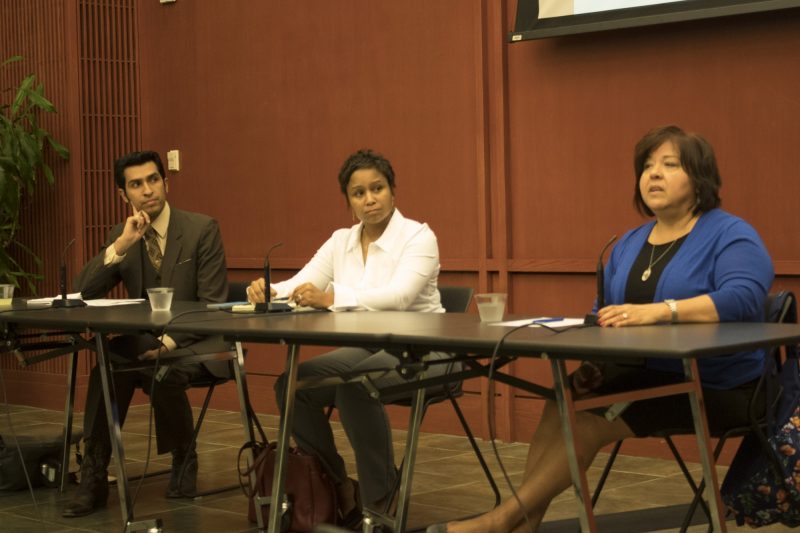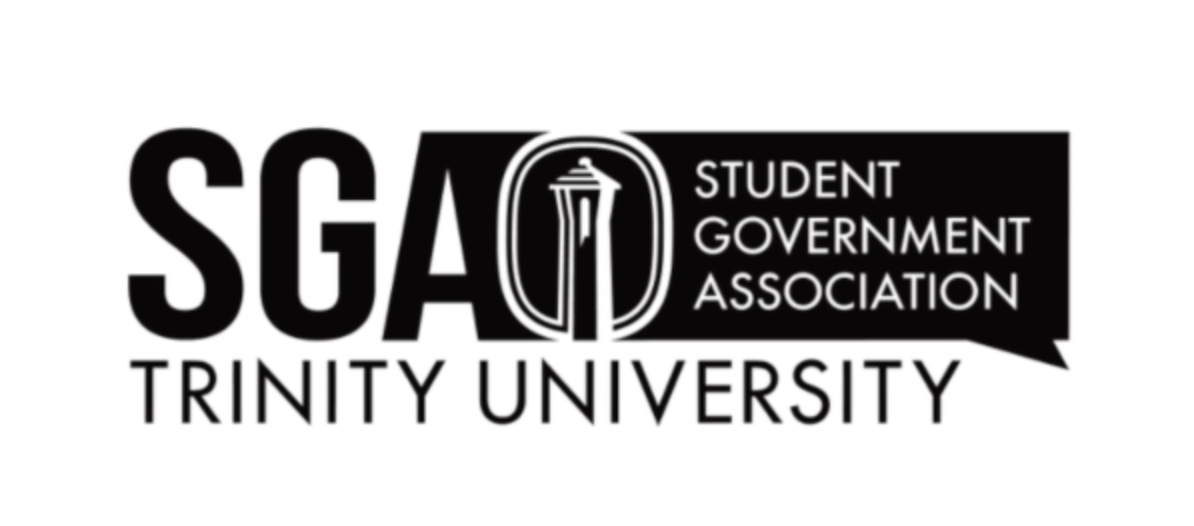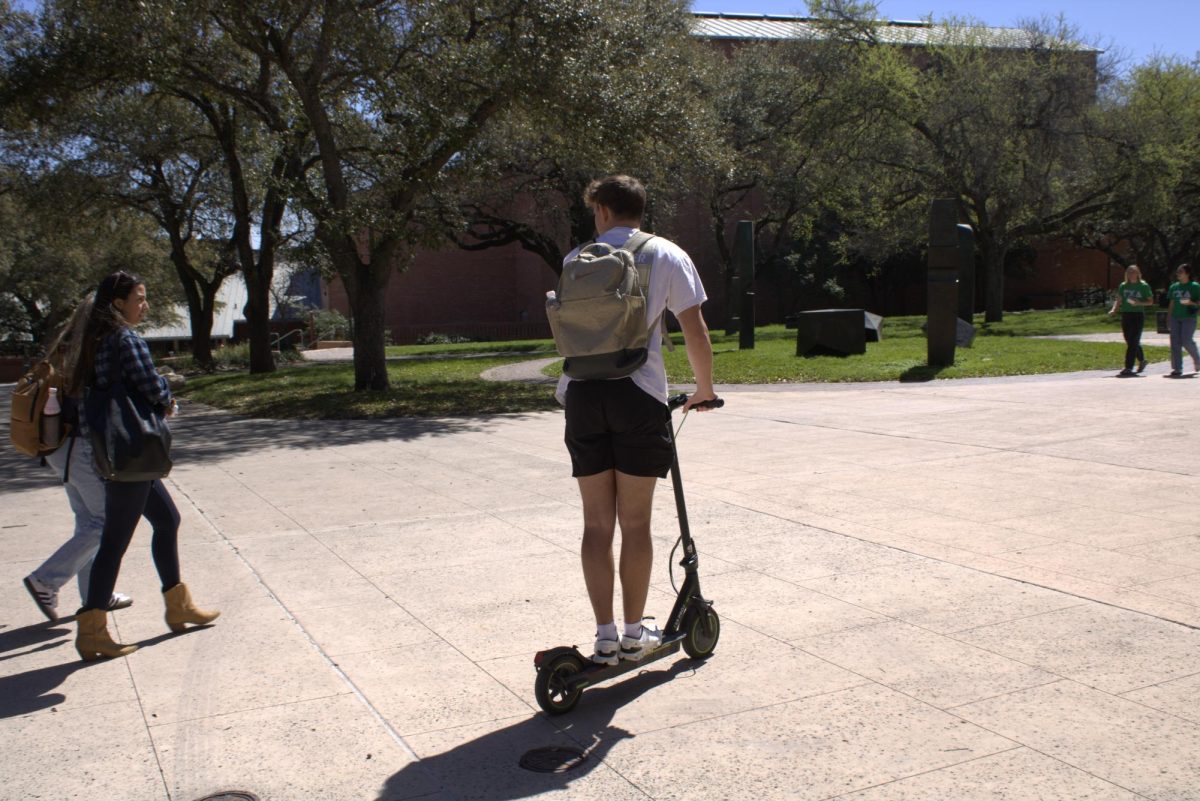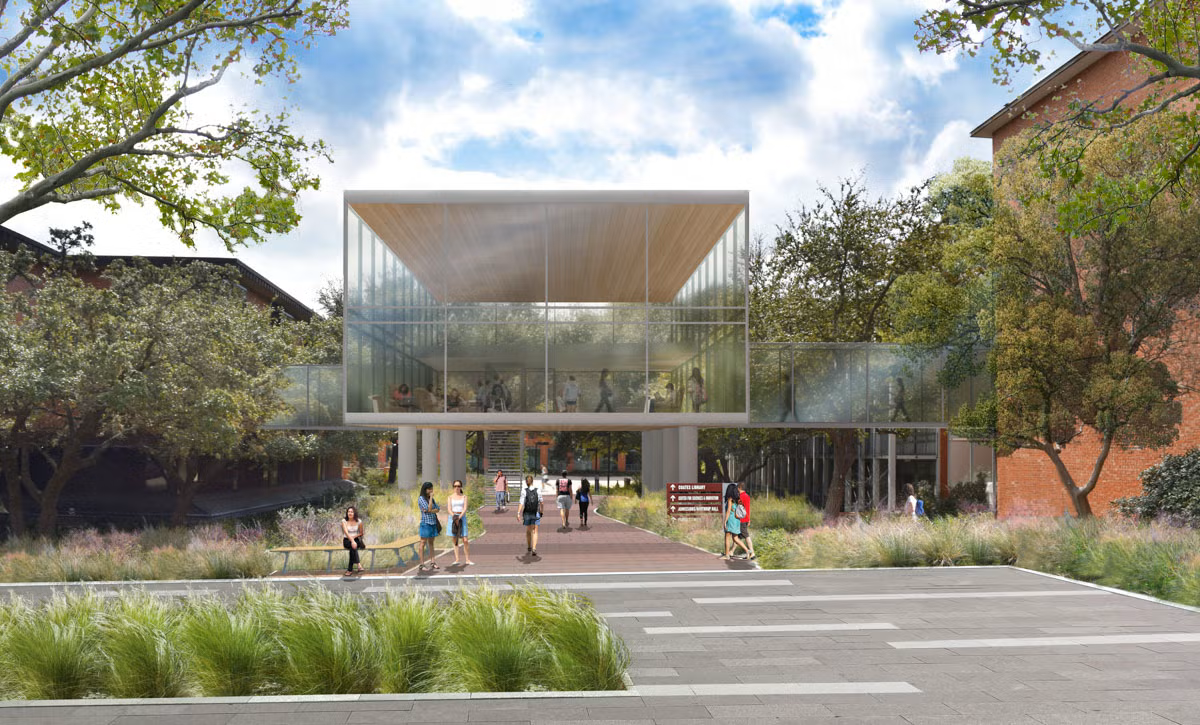The Contemporary, a student-run startup publication that works to create long-form journalistic investigative reports with students from around the United States, is currently in the process of hiring new students as the leadership prepares to graduate in May 2019.
“We’ve worked with over 25 universities to create this kind of work and have been at Trinity for a couple years,” said senior Benjamin Collinger, founder and editor-in-chief of The Contemporary. “We started thinking that we would be more of a political science publication, then we realized that there was a really big gap in the way that college newspapers covered communities. We thought that if we were able to unite a bunch of collegiate journalists who were really intrepid, really interested in community issues, we could fill an interesting gap.”
The publication began in 2016 as an entry in the Stumberg competition and summer accelerator, and is now utilizing other sources of funding outside of the money that they received during the Stumberg competition.
“They were chosen as one of the finalists, so as part of that prize they received $5,000 to start The Contemporary, and they also had support to have members of their team be here during that summer of 2016 and build their non-profit for the first time and work together,” said Luis Martinez, director of the Center for Innovation and Entrepreneurship. “What’s really exciting about The Contemporary’s journey is that although they didn’t win the grand prize of $25,000, they’ve been in operation now for three years.”
Zabdi Salazar, senior and director of business operations for The Contemporary, explained that entrepreneurship, politics and writing all play key roles in The Contemporary.
“I wanted to further explore entrepreneurship and I thought that The Contemporary sounded like a very neat way to explore that,” Salazar said. “It sort of aligned with my interests because I want to go to law school, and I thought it would be great for my writing and having a few pieces published, and I thought that public affairs really met a lot of my interests in terms of politics and writing.”
As both Collinger and Salazar will graduate in May, The Contemporary is working to add new members to their team.
“What we’ll be doing is transitioning to that team so The Contemporary can continue on after we graduate,” Collinger said. “Another thing that’s going on with us is we’re continuing to publish stories at the moment with the staff writers that we have right now from 10 or 11 different universities. We’ll be working with them to do a bunch of great reporting over the semester and the year, and later on we’ll be transitioning to the new team and getting new writers for the upcoming semesters so they can be set up and go forward and continue the mission on into the future.”
“I am excited about these new students,” Salazar said. “They seem very enthusiastic from what I’ve heard.”
The Contemporary hosted a panel called News Diversified on Sept. 26 in the Fiesta Room. The event featured three journalists from the San Antonio area who shared their experiences as people of color, women or both. The event featured Elaine Ayala, reporter for the San Antonio Express-News, Graham Watson-Ringo, managing editor of the Rivard Report, and Francisco Vara-Orta, reporter for Chalkbeat, who each shared thoughts and stories about diversity in the newsroom. Approximately 20 people were in attendance.
Salazar explained the motivation behind the News Diversified event.
“We’ve read articles about the lack of diversity in journalism, so we thought that we could host a very good event, or we could discuss a lot of these issues to further explore the experiences of minority communities in journalism,” Salazar said. “I thought that could be a pretty neat discussion, so we decided to do that this semester. We wanted to have people with both a very extensive background experience and enthusiasm for journalism and also for them to share their own stories about how they got involved and their own unique experiences.”
Collinger emphasized the importance of having diverse perspectives in a newsroom.
“The reporters who are covering certain ideas and subjects are going to be able to change the way that people view those subjects,” Collinger said. “Maybe certain stories are done because someone has a particular perspective in a newsroom or maybe some are overlooked or an angle is overlooked because a person with a particular perspective wasn’t in the newsroom or in the conversation about whatever that was.”
Those interested in joining The Contemporary can reach out to Collinger at bcolling@trinity.edu or Salazar at zsalazar@trinity.edu.





